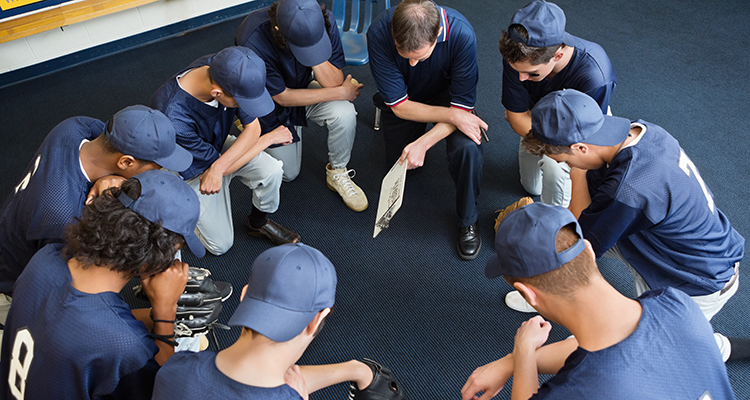By: Jeremy Dys – dailywire.com – March 22, 2019
If you were to survey 1,000 adults across our fruited plain on the question of whether a public school teacher could actively participate in an explicitly religious club that meets after school on the campus in which she teaches, chances are a majority would guess the teacher is in the wrong.
I say that our mythical survey respondents would “guess” that the teacher is acting illegally because I believe the respondents would have an almost insurmountable internal tension. Part of their freedom-loving soul would no doubt like to think that in the land of the free and the home of the brave, preventing a person from freely exercising their religious beliefs solely because of their employment status is wrong. Yet, the hypothetical survey respondents have probably heard the siren song of “separation of church and state” for so long that they’ve been conditioned to reflexively reject nearly any religious participation by those employed by the state.
Barbara Wigg faced that very scenario. As an elementary school teacher, she spent her business hours teaching at a Sioux Falls, South Dakota elementary school. As it is for most teachers, “business hours” for Ms. Wigg were never exactly limited to the time between the bells. She often came in early and she often stayed late.
She also stuck around the school grounds for other reasons. After her duties as a teacher concluded, she would use the school building to teach private guitar lessons, tutor students in reading, and even helped with the Girl Scouts that congregated on her elementary school grounds. No one complained until Ms. Wigg joined the Good News Club.
As an explicitly religious club, the Good News Club meets nationwide on public school campuses — just like the Girl Scouts or other community organizations that help foster broad community involvement. The concern with Ms. Wigg, however, was that her participation blurred the lines. Since she never left school grounds, was she an agent of the state at the Good News Club meeting? Would her students be able to discern between Ms. Wigg the school teacher and Ms. Wigg the private citizen?
When the U.S. Court of Appeals for the Eighth Circuit reviewed her case, it concluded that the First Amendment welcomed her involvement in the club because it “constitutes private speech.” Indeed, the court found her participation unremarkable: “Wigg seeks nothing more than to be treated like other private citizens who are allowed access to Club meetings.”
More recently, in Greenville, Texas, an outside organization with seemingly little better to do than to pester unsuspecting school districts sent an angry letter to the Greenville ISD. Its complaint centered around the appearance by two of its employees in a video lauding the work of a religiously-based after-school club.
They demanded that the school district take down the video and investigate the level of involvement these school employees had in this after-school religious club.
Understand precisely what these activists seek: They want the government (the school district) to force a private organization (the club) to censor and remove a privately produced video (speech) from a privately held video streaming service (YouTube) because private citizens (the teachers) expressed private speech that is fully protected by the First Amendment of the U.S. Constitution.
Americans should be gravely concerned that anyone would seek to disqualify someone’s private religious speech because of the nature of the person’s public employment. To reject calls for censorship of private speech someone doesn’t like is precisely why the First Amendment exists. Any attempt to intimidate good people who simply want to be involved in their community just because they are religious is beyond intolerant.
In fact, as we at First Liberty Institute cautioned earlier this week, if the school district were to follow the demands of these activists, it could find itself in a lot of legal trouble. Censoring the private speech of its employees is egregious viewpoint discrimination, abhorrent to the First Amendment.
You may not be called upon to answer my hypothetical poll, but the probability exists that you know someone for whom the premise of the question is anything but hypothetical. Remind them that the First Amendment appreciates — and protects — the fine distinction between someone’s public employment and their private religious expression.
To see this article, click read more.
Source: DYS: Yes, Public Employees Still Have Private Religious Freedom Rights | Daily Wire
 Listen Online
Listen Online Watch Online
Watch Online Find a Station in Your Area
Find a Station in Your Area










 Listen Now
Listen Now Watch Online
Watch Online
